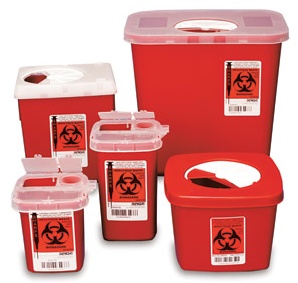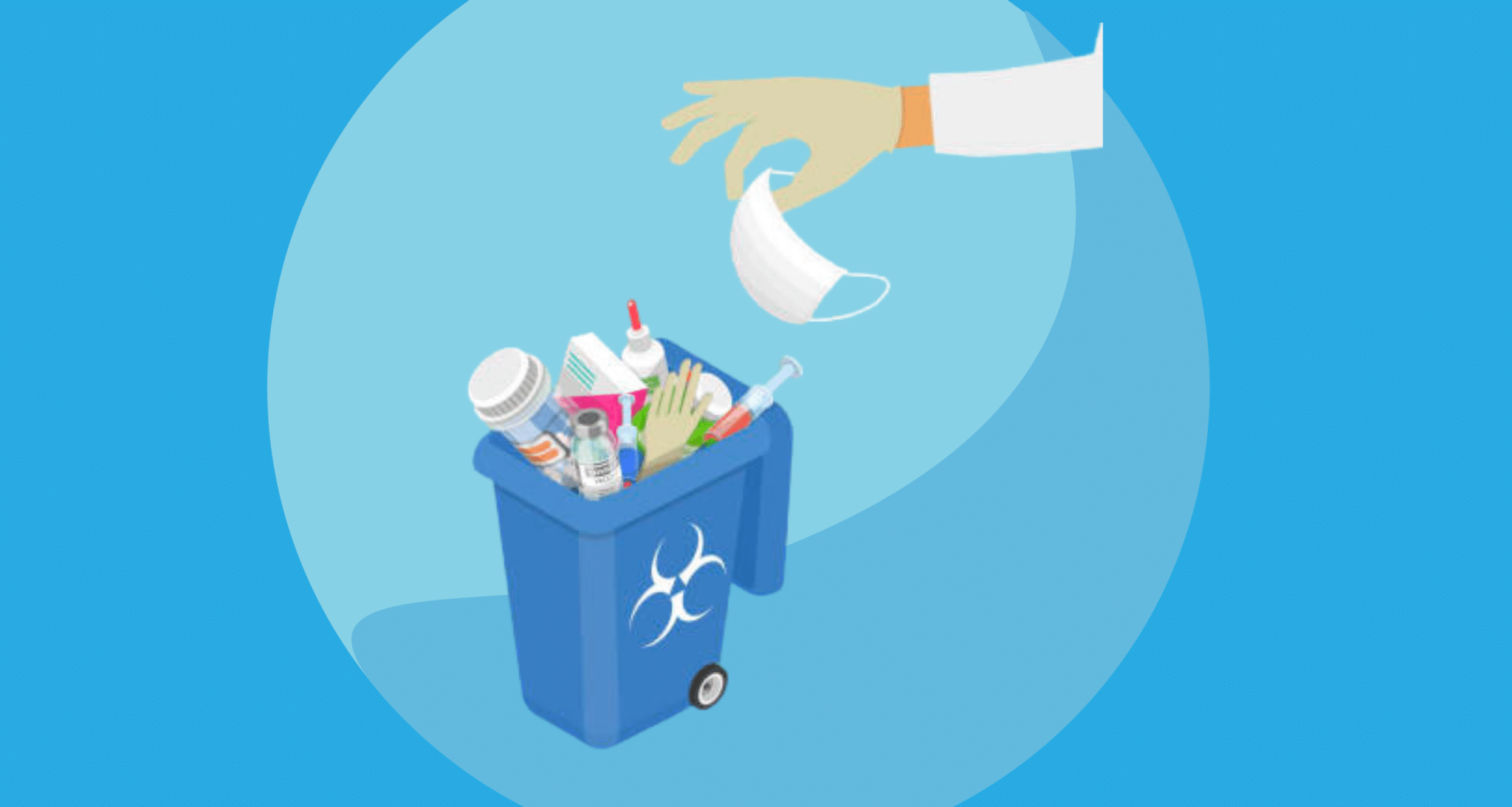Navigating Medical Waste Disposal: Crucial Solutions for Health Care Facilities
Health care centers, whether large health centers or little clinics, are entrusted with the responsibility of handling, treating, and disposing of a large selection of medical waste streams. Recognizing the necessary services that sustain clinical waste disposal is not just a matter of compliance however also an essential part in securing public health and environmental health.
Regulatory Compliance Support
For healthcare facilities, ensuring regulative conformity assistance is necessary to maintain appropriate handling and disposal of clinical waste. Following guidelines stated by organizations such as the Environmental Security Company (EPA) and the Occupational Safety and Health And Wellness Management (OSHA) is essential to stop ecological contamination, shield public health, and avoid prospective legal effects. Regulatory compliance support supplies medical care facilities with support on just how to effectively set apart, store, transportation, and take care of different kinds of clinical waste based on regional, state, and federal guidelines. This assistance consists of support in developing and implementing detailed waste administration strategies, conducting normal team training sessions, and carrying out audits to ensure ongoing conformity. By partnering with governing conformity professionals, health care facilities can remain updated on progressing guidelines, mitigate dangers connected with incorrect waste disposal, and ultimately add to a more secure and a lot more sustainable environment for all.
Waste Segregation Advice

Health care facilities must offer clear guidelines and training to personnel on exactly how to segregate waste effectively. This includes separating basic waste from unsafe products such as sharps, contagious waste, drugs, and chemical waste.
Collection and Transportation Services

Correct collection and transport services are essential parts of the medical waste disposal procedure in health care facilities. These solutions make certain that hazardous products are managed safely and in conformity with guidelines to safeguard both the environment and public health and wellness. Healthcare centers depend on specialized waste management business to provide reliable collection and transportation services customized to their needs.
Medical waste collection includes setting apart various types of waste at the point of generation, utilizing color-coded containers or bags to differentiate in between basic, hazardous, pharmaceutical, and other waste streams. When gathered, the waste is moved in dedicated lorries equipped to deal with dangerous materials securely.
Therapy and Disposal Solutions
In the world of clinical garbage disposal for medical care centers, after the essential stage of collection and transportation services, the emphasis changes in the direction of implementing reliable therapy and disposal solutions. Treatment solutions frequently involve processes such as autoclaving, which uses heavy steam under pressure to sterilize the waste. This method is commonly utilized for contagious waste that needs to be made non-hazardous before disposal. An additional prevalent treatment approach is incineration, where waste undergoes heats in controlled settings to reduce its volume and remove virus.
Disposal remedies incorporate the last step in the medical waste monitoring procedure. Reusing and resource healing are additionally acquiring traction as sustainable disposal options for particular types of medical waste products.
Reliable therapy and disposal solutions are useful site vital in making certain compliance with regulations and guarding public health and the setting. Healthcare facilities have to meticulously examine and choose suitable techniques that straighten with their waste management objectives and sustainability campaigns.
Team Training and Education And Learning

To effectively take care of clinical garbage disposal in healthcare centers, comprehensive team training and education and learning play a crucial role in ensuring adherence to regulative demands and maintaining a secure atmosphere. Proper training outfits team with the understanding and abilities required to deal with various kinds of clinical waste, segregate them properly, and package them securely for disposal. By enlightening workers on the risks connected with incorrect handling of medical waste, centers can decrease the possibility of crashes, contamination, and regulative violations.

Verdict
In final thought, health care centers rely on essential medical waste disposal services to make sure regulative compliance, appropriate waste segregation, safe collection and transportation, reliable therapy and disposal, as well as staff training and education. These solutions play an important role in preserving the health and wellness of both medical care workers and the basic public, highlighting the relevance of correct administration of medical waste in health care settings.
For healthcare centers, ensuring governing conformity support is important to maintain appropriate handling and disposal of clinical waste. Waste segregation involves categorizing various kinds of medical waste to ensure appropriate handling, therapy, and disposal. This includes separating basic waste from hazardous products such as sharps, contagious waste, drugs, and chemical waste.Clinical waste collection involves setting apart different types of waste at the factor of generation, utilizing color-coded bins or bags to identify between basic, dangerous, pharmaceutical, and various other waste streams.In the realm of medical waste disposal for medical care facilities, after try this out the vital stage of collection and transport services, the focus moves towards applying effective treatment and disposal remedies.
Comments on “Cost-effective Medical Waste Disposal Services for Clinics and Healthcare facilities”